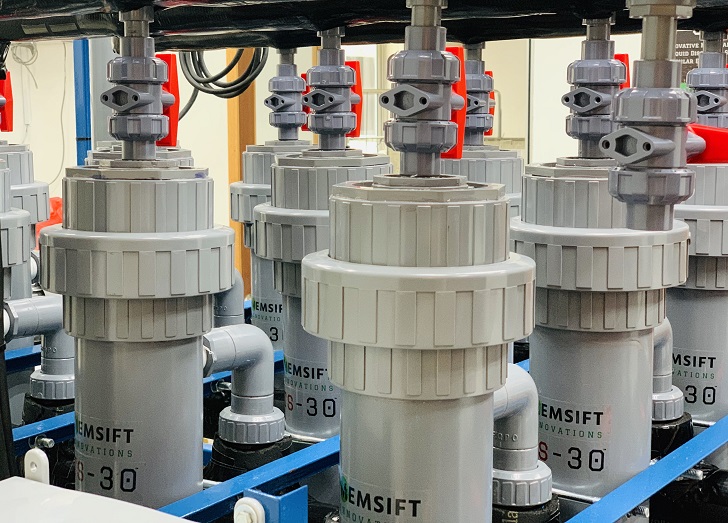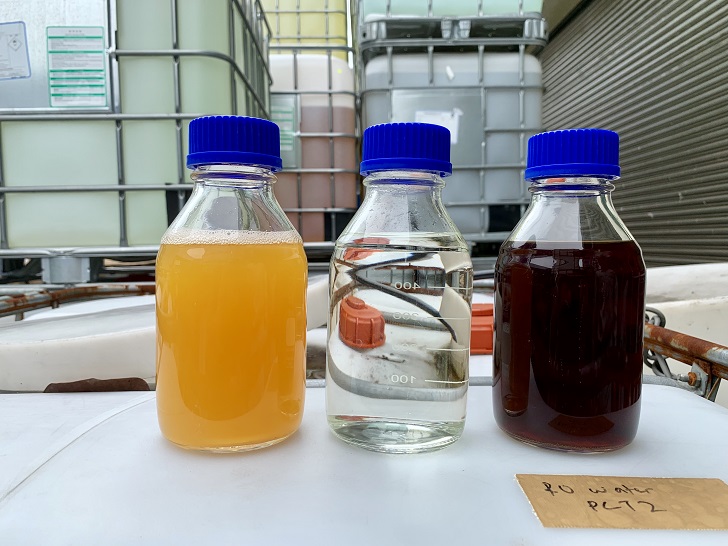

Memsift Innovations Pte Ltd, a Singapore-based technology start-up, has secured its first commercial engineering procurement and construction (EPC) contract.
The six digit Singapore dollar contract will see Memsift design and develop a 730 m3/year TS-30™ Minimum Liquid Discharge (MLD) system to treat industrial liquid waste for a client in Malaysia. Memsift says that the project will also help the client save 90% of the disposal cost.
Earlier this year Memsift conducted a case study using the client’s waste effluent. Memsift says that the study proved that the TS-30 system reduces the liquid waste volume by 90% and that the treated water met the client’s requirements.
Dr J Antony Prince, founder of Memsift Innovations, said that his company secured the EPC project based on the very positive outcome of the study.
Memsift’s TS-30 MLD system is based on a patent-pending thermal membrane process that operates at relatively low temperature and pressure compared to the conventional thermal and pressure driven membrane process. The Singaporean company uses a unique hydrophobic hollow fibre membrane in the system that allows water in vapour but not in liquid form. Memsift says that as a result, the non-volatile inorganic salts and particles remain in the waste effluent and only the clean water will be recovered through the membrane so the volume of the waste effluent will be reduced.
“We believe that this project will help us to get commercial traction for our brine treatment and zero liquid discharge solutions from the regional and the global market. We are planning to serve our customers through engineering procurement and construction (EPC) and build own operate (BOO) business models in the future,” said Dr Prince.





